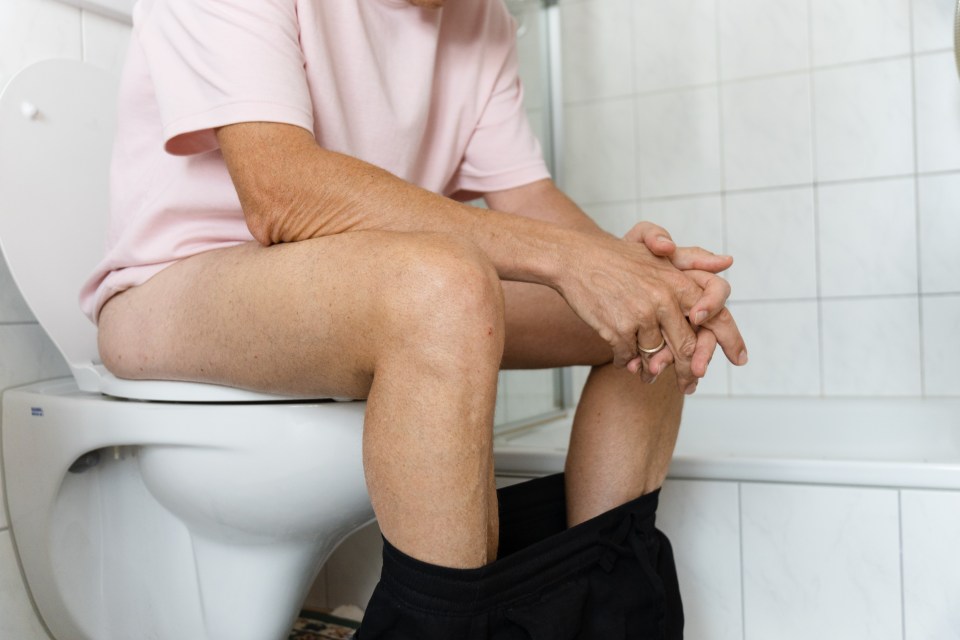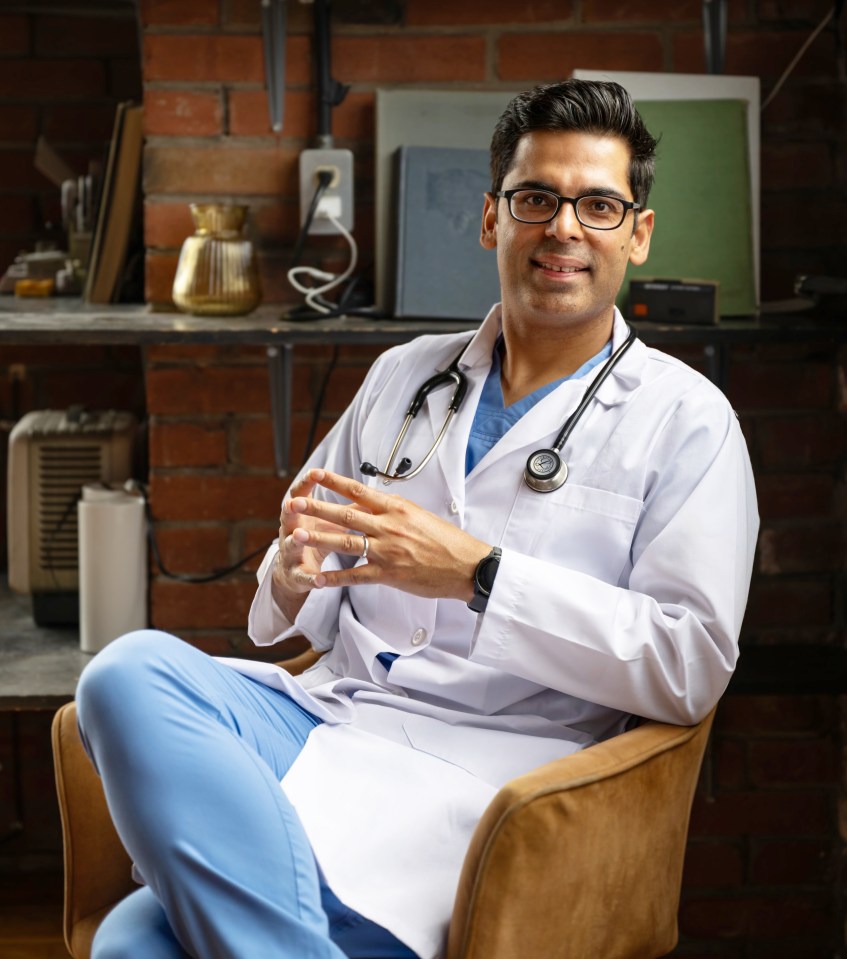POPULAR toilet habits could be putting you at risk of serious health consequences, a doctor has warned.
Instead he offers some healthy alternatives – including setting a five-minute timer.
Practising good toilet habits can help make sure you aren’t creating greater damage to your body.
In a clip that’s racked up 485,000 views on Instagram, gastroenterologist Dr Saurabh Sethi. famed for sharing his gut health tips to his 1.3 million followers, has shared his top tips for toilet time – but one may leave you baffled.
His first warning is simple: don’t push.
He says straining can lead to haemorrhoids, anal fissures and even rectal prolapse.
Read more on toilet habits
Haemorrhoids, also known as piles, are lumps inside and around your bottom.
While they often get better on their own after a few days, they can also cause bright red blood after you poo, an itchy anus, the feeling like you still need to poo after going to the toilet, and mucus in your underwear.
An anal fissure is a small tear in your anus that causes pain when you poo.
And rectal prolapse is when the lower part of the bowel slides out of the anus.
Instead, Dr Sethi recommends focusing on deep breathing rather than forcing it.
His second tip: don’t scroll on your phone.
The doctor, from California, explained: “Extra sitting time increases pressure on the rectal veins – which means higher risk of haemorrhoids.”
To avoid this he recommends spending no more than five minutes for your toilet trip.
And thirdly: don’t ignore the urge.
He said: “Holding it in won’t help.
“It is equal to stool getting harder and constipation getting worsened.
“So train your gut to say go when it says go.”
In extreme cases, long-term constipation can lead to faecal impaction.
This is where poo has built up in the last part of the large intestine (rectum).
A study published earlier this month warned how scrolling on a smartphone while being sat on the loo is linked to a 46 per cent higher likelihood of developing piles.
And a severe infection and abscesses from piles can lead to sepsis, a life-threatening infection.
Healthy toilet habits
Healthy toilet habits are crucial for preventing digestive issues and reducing the spread of infections.
Bladder habits
Respond to the urge: Go to the toilet only when your bladder is full, and don’t get into the habit of going ‘just in case’.
Allow time to empty: Rushing can lead to an incomplete bladder emptying, which increases the risk of bladder infections.
Be aware of fluid intake: Drink plenty of water to keep your bladder healthy, but don’t overdo it.
Proper posture: Women should sit down and not hover over the toilet seat.
Bowel habits
Don’t hold it: Go to the toilet as soon as you feel the urge to pass a stool.
Use proper posture: Sit on the toilet with your back straight, lean forward, and place your feet on a footstool so your knees are higher than your hips.
Avoid straining: Don’t push or hold your breath; focus on relaxing your anal muscles to allow the stool to pass.
Listen to your body: Establish a regular schedule but also pay attention to your body’s signals to poop.
Diet and lifestyle
Eat fiber-rich foods: A diet high in fruits, vegetables, and whole grains helps keep stools soft and easy to pass.
Stay hydrated: Drink plenty of water to help digestion and prevent constipation.
Be active: Regular exercise stimulates bowel movements and promotes good digestion.















